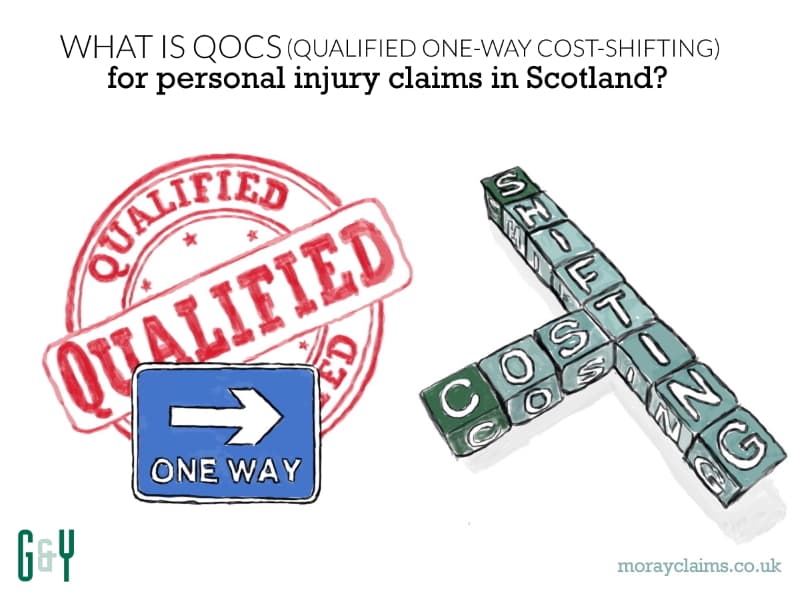UK Legal Costs Under Scrutiny: 2013 Protections for Claimants Spark Debate

London, UK – The system of Qualified One-Way Costs Shifting (QOCS), introduced in 2013 to protect personal injury claimants from bearing the full legal costs of a losing case, continues to be a subject of intense debate within the UK legal community. Sam Dumitriu, a prominent voice on economic policy, recently highlighted this issue, stating, "This is an understatement. The main issue: cost protection caps so losers do not pay full legal costs only dates to 2013."
QOCS was implemented on April 1, 2013, as part of the wider Jackson costs reforms. Its primary purpose was to ensure that individuals pursuing personal injury claims would not face crippling financial penalties if their case was unsuccessful, thereby preserving access to justice. Under QOCS, if a claimant loses, they are generally not liable for the defendant's legal costs, fostering a "no win, no fee" environment.
However, the regime has faced criticism for potentially creating an imbalance, with some arguing it can disincentivize early settlement and encourage unmeritorious claims. Recent amendments to the Civil Procedure Rules (CPR) in April 2023 have sought to address some of these concerns. These changes allow defendants to offset costs orders against both damages and costs recovered by claimants, aiming to ensure QOCS does not undermine the effectiveness of Part 36 settlement offers.
The Ministry of Justice (MoJ) has acknowledged the need for balance, stating that while claimants require sufficient protection, defendants must also be able to recover costs where appropriate. The Supreme Court's 2021 judgment in Ho v Adelekun and subsequent consultations have further highlighted complexities, particularly regarding the interplay of QOCS with set-off provisions and Part 36 offers. The ongoing evolution of these rules reflects a continuous effort to refine the system, balancing claimant protection with the need for efficient and fair litigation.